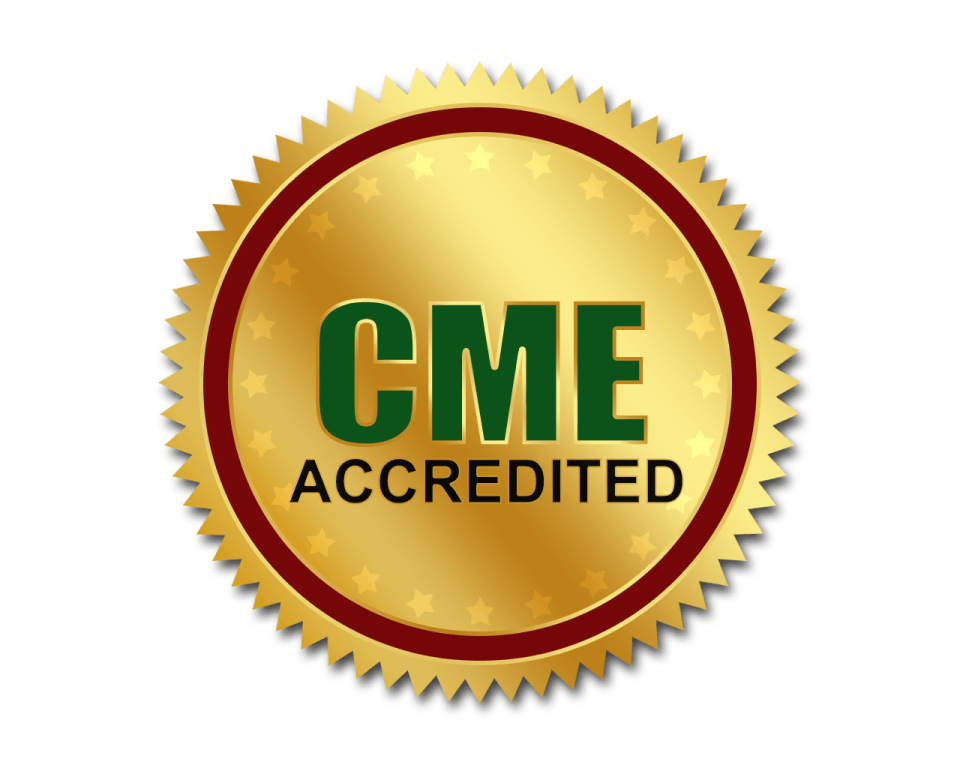
Joseph Butterworth
University Hospital Coventry and Warwickshire, UK
Title: Acute myeloid leukemia in Jehovah’s witnesses
Biography
Biography: Joseph Butterworth
Abstract
To induce disease remission and cure in acute myeloid leukemia (AML) requires highly myelosuppressive chemotherapy. Treatment typically necessitates supportive measures including blood product transfusions during the marrow aplasia associated with treatment. The refusal of Jehovah’s Witnesses (JW) to accept transfusions makes the application of intensive chemotherapy a practical and ethical challenge. Within the remit of acute leukemia there is a variable need for blood product support. Acute lymphoblastic leukemia or acute promyelocytic leukemia (APL) are responsive to less myelosuppressive therapy such as vincristine and prednisolone or all-trans retinoic acid, respectively and their treatment in JWs incurs less risk than treating a JW with acute myeloid leukemia. Such cases and cases of JWs with AML treated with individually tailored less myeloablative regimens are reported, however, there remains no documented case of AML where complete remission (CR) has been achieved with standard intensive chemotherapy without blood product support. We present the case of an 18 year old female Jehovah’s Witness diagnosed with de novo AML who achieved and maintained CR following intensive induction chemotherapy and three subsequent cycles of consolidation chemotherapy without blood product support.

